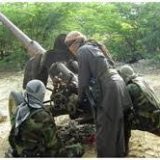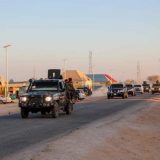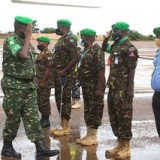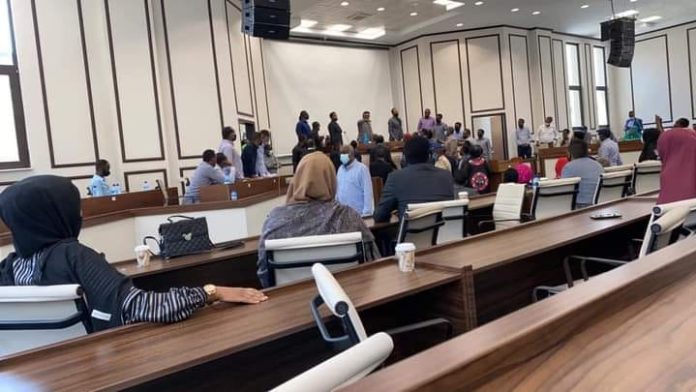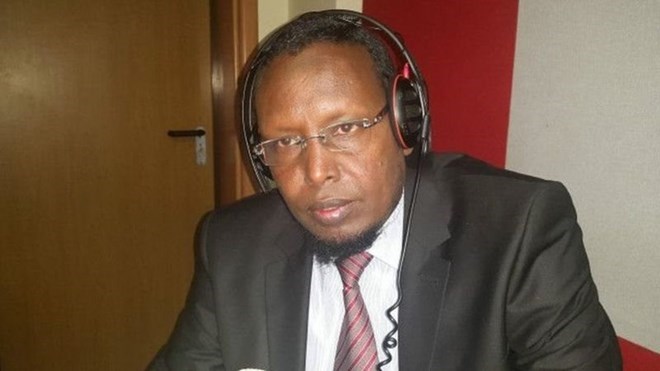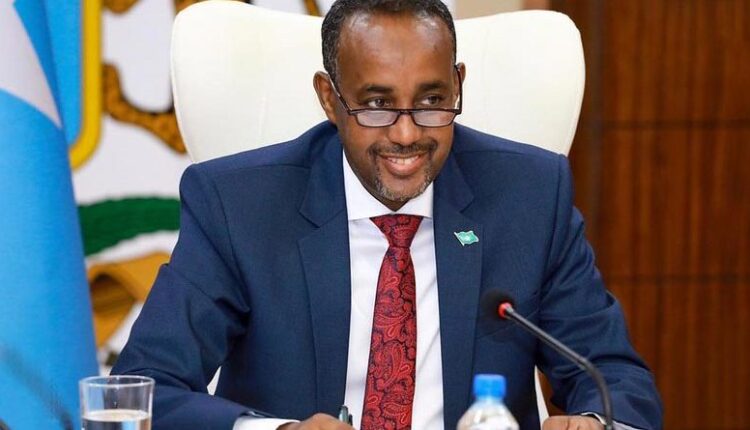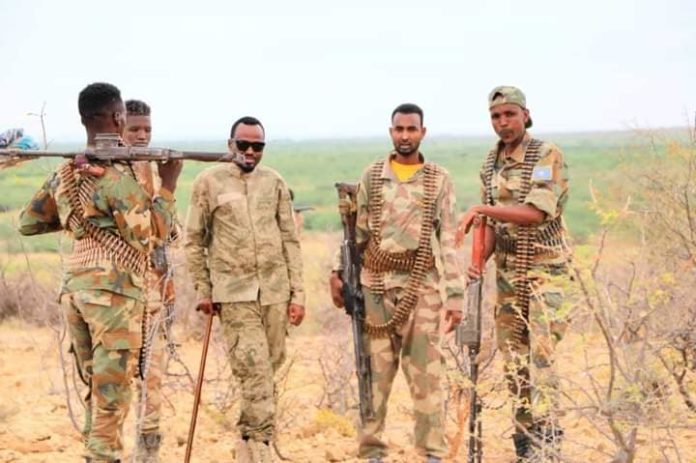Kenya president signs controversial security law

By TOM ODULA
Associated Press
Posted: Friday, Dec. 19, 2014
NAIROBI, Kenya Kenya’s President Uhuru Kenyatta Friday signed into law a contentious bill saying it will help the country fight terrorism, but which critics say will be used to crush dissent by curbing civil liberties.
The new law will protect the lives and property of all citizens from terrorism, said Kenyatta in a national broadcast.
Kenyatta faces pressure to deal with insecurity caused by a string of attacks by the Somalia-based extremist group al-Shabab. Al-Shabab gunmen shot dead at least 60 non-Muslims in two separate incidents in northern Kenya in late November and early December. Al-Shabab claimed responsibility for the attack last year on the upscale Westgate Mall in Nairobi, in which 67 people were killed.
The new law to strengthen security measures, however, is criticized by many who say it will be used by Kenyatta to silence opposing views.
Fistfights and scuffles erupted in parliament between pro-government and opposition legislators Thursday over the Security Law. Opposition legislators said the government rushed the bill through parliament disregarding procedures.
“A monumental battle took place in our National Assembly …That battle saw the unconstitutional and procedural passage of the Security Bill which has now been assented to by the President,” said Kenya’s main opposition group, the Coalition for Reforms and Democracy.
The real target of this law is not terrorism but to reintroduce the police state and political hegemony, the group said, adding that the law will hand the president sweeping autocratic powers. The group said it will go to court to stop the law.
According to the law, journalists will be fined $56,000 or a three-year jail-term or both if their stories are deemed to undermine terror investigations.
Human Rights Watch and Amnesty International warned that the law will significantly expand the powers of intelligence officers. Such powers were withdrawn in the 1990s after the then-Special Branch, now the National Intelligence Service, was accused of the torture of political activists and of detaining them for several years without trial, the international rights groups said.


